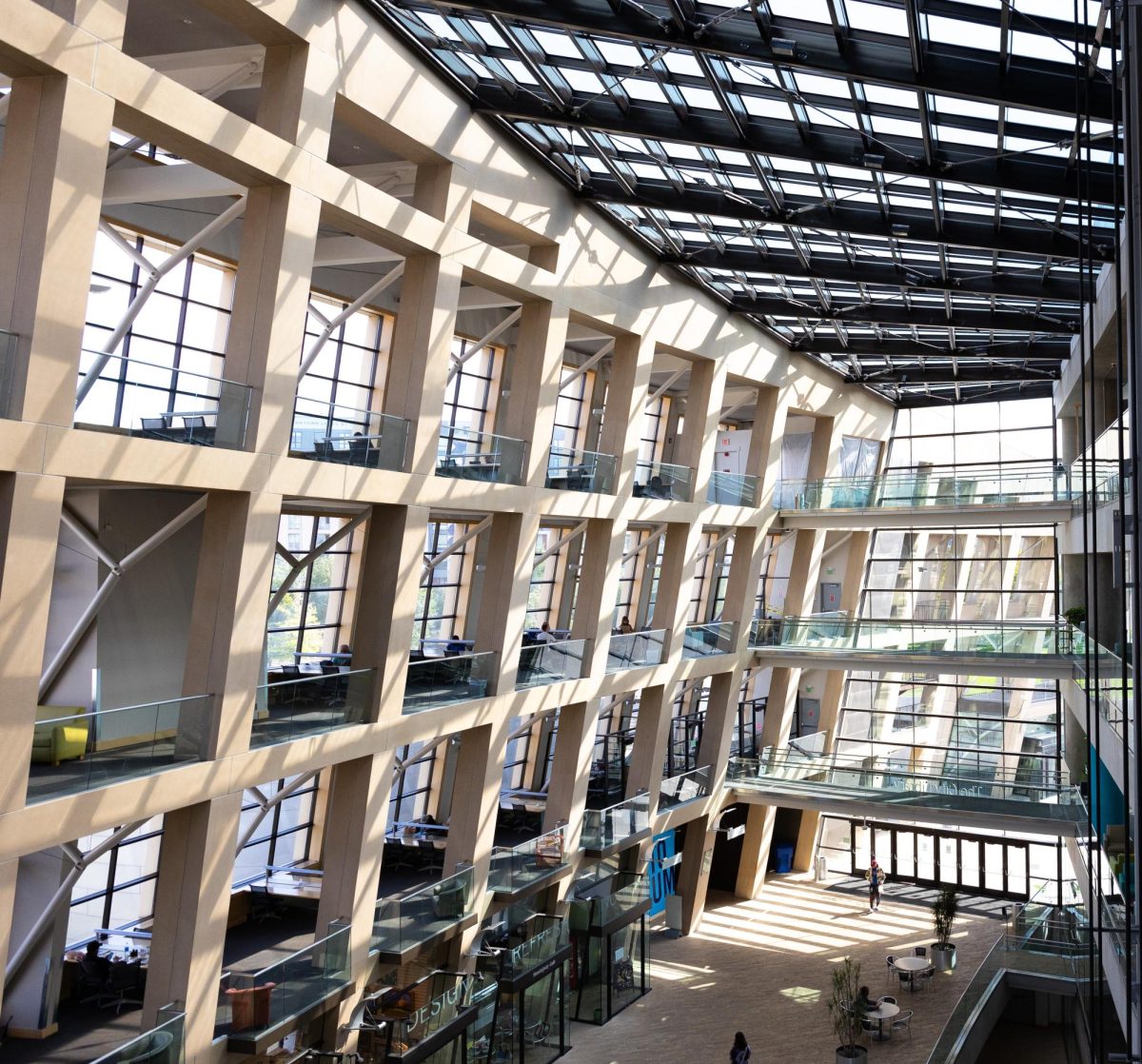After long-standing workplace issues, the Salt Lake City Public Library system organized into a worker’s union in April of this year. According to the American Federation of State, County & Municipal Employees, this is Utah’s first library union, composed of approximately 245 employees across nine branches. KUER states that library employees have been planning to unionize to make changes in their workplace for more than a year, and they’re picking up speed.
Occupational Safety and Health Administration rights state that all workers have the right to safe working conditions and living wages. However, U.S. culture normalizes subpar conditions, leading many workers to feel trapped in their jobs. By unionizing, employees of the Salt Lake City Public Library advocate for their needs as workers and as pillars of the Salt Lake community.
Why Unionize?
SLCPL Workers United has multiple concerns — one being that the board pays their employees less than the national average wage.
“We are paid low wages during a time of rising rent and inflation,” said Jacob Rosenzweig, a librarian at the Marmalade branch. “We — who serve the public, who help keep our branches clean and safe, who directly implement and feel the effects of every policy — deserve to have real input in the decision-making processes that affect us and the public, and we deserve to be compensated appropriately for it. A union can help us achieve that.”
As public-facing employees, the Salt Lake Tribune reported that library workers also regularly deal with safety concerns. The Salt Lake City Public Library system faces violent threats, including bomb threats.
“We do deal with a lot of uncomfortable issues being a public space,” said Bryce Hays, an associate librarian at the Glendale branch. “There are times when we’ve had to deal with violent patrons and physical altercations in our library.”
Library workers also take issue with the board’s lack of transparency.
Ivy Smith, an assistant librarian at the main library, said that when decisions are made, employees don’t know “when or how or who is making them.” Employees want “a seat at the table,” Smith said.
Christina Ordonez, an associate librarian at the Day-Riverside library branch, added that not having a say in decision-making can be detrimental to workers’ mental health.
For workers at the City Library and its branches, unionizing is the best way to negotiate these issues, which should be deemed unacceptable in any workplace.
A Slow Process
All departments in the city except the library system have collective bargaining agreements. Most Salt Lake City employees who aren’t part of the police and fire unions are represented by the American Federation of State, County & Municipal Employees Local 1004 chapter. As a result, the library system has also chosen to unionize with this chapter.
Despite library workers announcing their intent to unionize in April, the board of directors only began discussing resolutions in July. In September, KSL stated that the board voted to approve a resolution, pledging to work with the union toward a collective bargaining agreement. They then sent the resolution to the Salt Lake City Council for final approval, which they are still waiting for.
The unionization process is long and tedious, but the union holds hope.
“It takes a lot of patience,” lamented Ordonez. “Making history isn’t going to be fast.”
Fight for a Better Workplace
Since the 1980s, union membership and overall public support for unions have declined, as reported by the New York Times. Certain laws, such as right-to-work laws, render organizing unions more difficult in Utah, as well as other states. Workers say that over the past year, companies including Apple and Starbucks have also been targeting workers involved in union efforts.
These barriers shouldn’t mean giving up on unionizing. The Economy Policy Institute states that unions remain critical for workers. They pave the way for setting pay standards, reducing wage inequality and receiving better pension plans and health benefits.
“Unionizing is not an easy decision, but it is the right decision,” Ordonez said.
As library workers move forward in getting their union recognized and as they negotiate with library employers, community members should continue to support them.
Workers at the Salt Lake City Library are taking the initiative for themselves and their fellow workers to improve their work environment. They will no longer accept unsatisfactory working conditions. Unionizing is a good option for workers who want to negotiate with their employers, and other Utah workers can look to the library union for inspiration.
h.hargis@dailyutahchronicle.com





